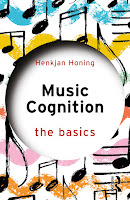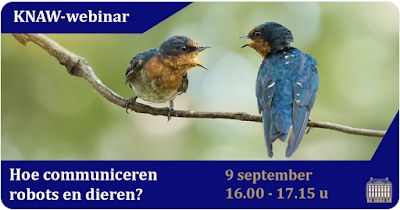 |
Figure R1 from Savage et al. (2021)*
|
Recently a special issue of Behavioral and Brain Sciences came out, dedicated to the topic of music and evolution. Two target articles and 60 commentaries (on these target articles) by 109 experts reveal the current and complex debate about the origins of music. This debate is nicely depicted in Figure R1 (see left), showing a wide spread of positions with regard to both target articles.*
Personally, I'm really happy with this special issue and the effort that the authors of both target papers put in formulating their ideas and responded to the commentaries. It will hopefully give another boost to the scientific study of music/ality and its origins!
Nevertheless, in my commentary, I note that both proposals focus on overt musical behavior and largely ignore the role of perception and cognition. Furthermore, both articles blur the boundaries between the potential origins of language and music. It invites for an alternative approach, and concludes that the research focus should be on what makes the capacity for music distinct from that of language. For details see Honing (2021).
Honing, H. (2021). Unravelling the origins of musicality: Beyond music as an epiphenomenon of language. Behavioral and Brain Sciences, 44, E78. doi:10.1017/S0140525X20001211
Mehr, S., Krasnow, M., Bryant, G., & Hagen, E. (2021). Toward a productive evolutionary understanding of music. Behavioral and Brain Sciences, 44, E122. doi:10.1017/S0140525X21000030
Savage, P., Loui, P., Tarr, B., Schachner, A., Glowacki, L., Mithen, S.,
& Fitch, W. (2021). Toward inclusive theories of the evolution of
musicality. Behavioral and Brain Sciences, 44, E121. doi:10.1017/S0140525X21000042
*Software use to generate the Figure (an informal rating of two of the authors) can be found here.




















